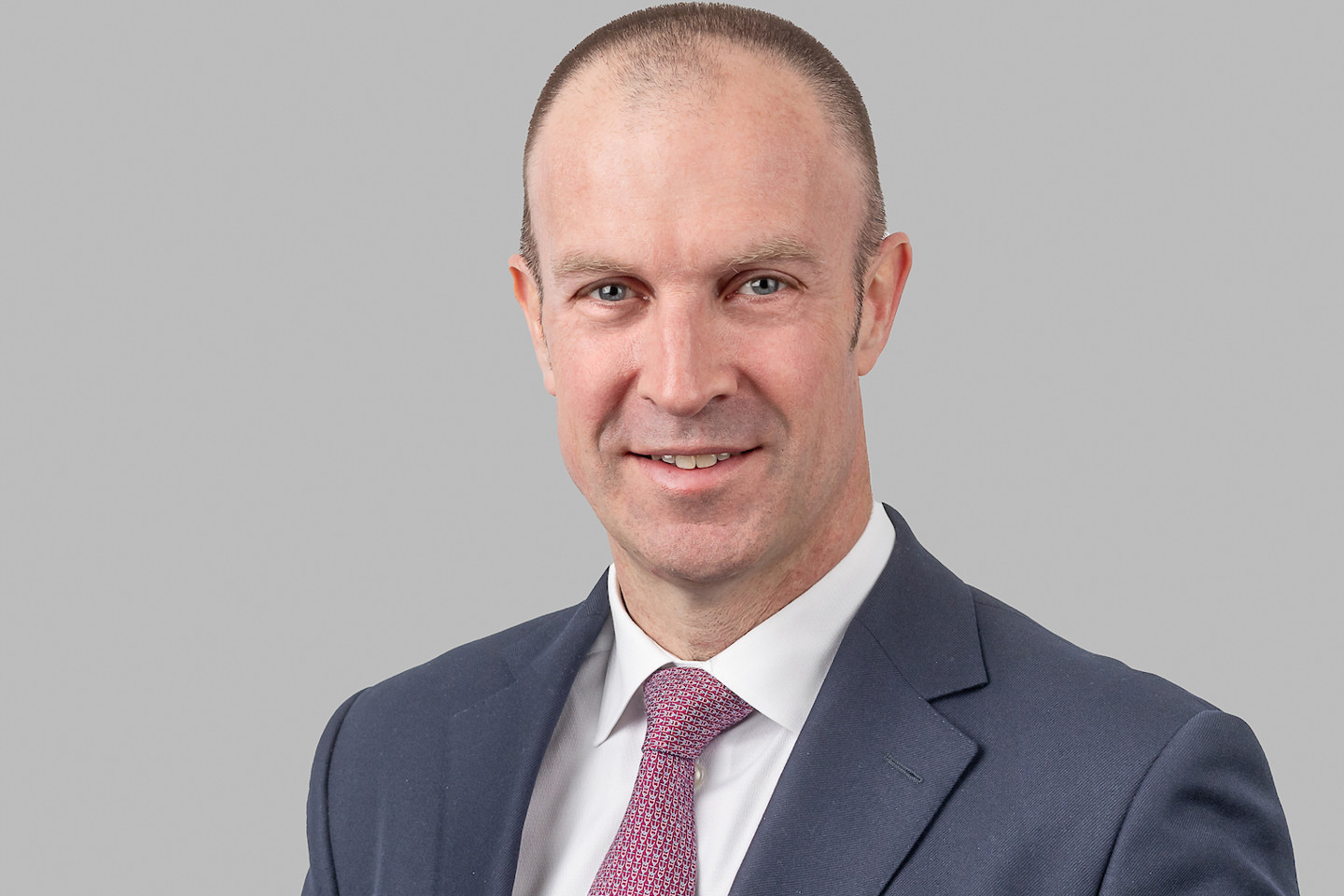
Nick Williams
Partner | Legal
Jersey

Nick Williams
Partner
Jersey
No Content Set
Exception:
Website.Models.ViewModels.Components.General.Banners.BannerComponentVm
A recent decision of the Royal Court, Lloyds Trust Co (CI) Limited v. Fragoso [2013] JRC 211, has clarified the basis upon which professional trustees hold trust assets that ultimately derive from the proceeds of bribes received by the Settlor. It provides welcome guidance in an area which, by its nature, is important and sensitive.
The Trust in question was established in 1999. The Settlor, Mr Carlos Fragoso, told the Trustee, Lloyds, that the monies settled into the Trust were the proceeds of engineering consultancy contracts. They were not. They were the proceeds of bribes paid by the English construction company, Mabey & Johnson, to Mr Fragoso in his capacity as an important civil servant in Mozambique. Lloyds did not know that Mr Fragoso held this position.
The true origin of the monies emerged in 2010 following Mabey & Johnson's conviction in England for paying bribes in Ghana and Jamaica. Following an investigation, it was revealed that Mabey & Johnson had also paid over a quarter of a million pounds into a Swiss bank account relating to Mr Fragoso. In addition, it transpired that Mr Fragoso had been the national director of the National Directorate of Roads and Bridges in Mozambique, and had been responsible for concluding a multitude of construction contracts. Mabey & Johnson accepted that corrupt payments had been made in Mozambique, despite no formal criminal charges being brought in relation to that jurisdiction.
Having subsequently been approached by Lloyds, Mr Fragoso failed to explain the situation adequately apart from denying that the monies were derived from bribes. Lloyds applied to the Royal Court for directions pursuant to Article 51 of the Trusts (Jersey) Law 1984 (as amended).
Mr Fragoso's stance was held by the Royal Court to be demonstrably untrue. The factors important to the Royal Court in reaching this conclusion were as follows:
The Royal Court accepted that it was impossible to trace the exact origin of all of the monies settled into the Trust. However, it applied earlier case law (Federal Republic of Brazil v. Durant [2012] JRC 211) which said that in matters of fraud, where direct evidence is often hard to come by, it was permissible to accept "inferences of fact drawn from positive evidence of other facts". In light of this principle, and the factors mentioned above, the Court inferred, on a balance of probabilities, that all of the monies settled into the Trust represented the proceeds of bribes.
Having reached this conclusion, the Royal Court then considered the capacity in which Lloyds held the Trust fund. The Royal Court had to consider two inconsistent lines of previous authority:
The Royal Court chose to apply the principles derived from Reid (i.e. that a constructive trust should arise) over and above the competing principles derived from Sinclair. It held that there were strong policy reasons for doing so, "namely the need to deter fraud and corruption" and to strip recipients who had channelled their ill-gotten gains through Jersey of all benefits.
Unlike the English Court of Appeal in Sinclair, the Jersey Royal Court was unconstrained by the operation of binding judicial precedent. Whereas the English law position would require the intervention of the Supreme Court or legislature for a recalibration to take place (despite a positive acceptance in a recent English decision that Sinclair was "unusual" and "controversial" and that this area of law required "an overhaul…to provide a coherent and logical framework"), the Jersey position was more flexible. Absent a ruling of the Privy Council on appeal directly from Jersey, other decisions (including English decisions and rulings of the Privy Council on appeal from other jurisdictions) were at best persuasive. The degree of persuasiveness could include social and policy considerations particular to Jersey.
Therefore, on a natural extrapolation of the Reid principle, the Royal Court held that Lloyds was holding the trust fund, net of any legitimate costs, upon constructive trust for the Government of Mozambique who was the party to whom Mr Fergoso owed duties which he had breached by taking bribes in his official capacity. That declaration having been made, the monies no longer represented the proceeds of crime and could be paid to the Government of Mozambique without further delay.
For professional trustees, the relevance of the decision is as follows:

Nick Williams
Partner | Legal
Jersey

Nick Williams
Partner
Jersey

Edward Mackereth
Global Managing Partner | Legal
Jersey

Edward Mackereth
Global Managing Partner
Jersey

Oliver Passmore
Partner | Legal
Jersey

Oliver Passmore
Partner
Jersey
Ogier is a professional services firm with the knowledge and expertise to handle the most demanding and complex transactions and provide expert, efficient and cost-effective services to all our clients. We regularly win awards for the quality of our client service, our work and our people.
This client briefing has been prepared for clients and professional associates of Ogier. The information and expressions of opinion which it contains are not intended to be a comprehensive study or to provide legal advice and should not be treated as a substitute for specific advice concerning individual situations.
Regulatory information can be found under Legal Notice
Sign up to receive updates and newsletters from us.
Sign up
No Content Set
Exception:
Website.Models.ViewModels.Blocks.SiteBlocks.CookiePolicySiteBlockVm